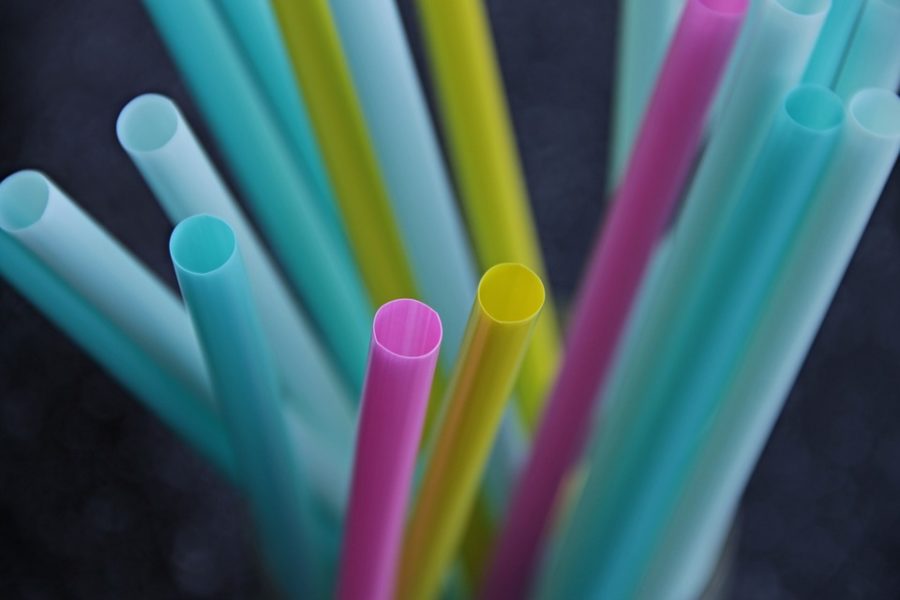For many people, the turn of the new year marks the starting point for new goals and aspirations, whether it is to become more fit, save money, or something completely different.
This “starting point” not only applies to individuals, but to entire communities who seek to improve themselves in 2019.
In California, many of these interests are invested in helping create more sustainable lifestyles in an effort to reduce peoples’ impact on the environment.
Part of this lifestyle is how people process waste. According to the U.S. Environmental Protection Agency, the average American produced approximately 4.4 pounds of waste per day in 2013, with only 34 percent of that waste being recycled.
A particular concern is in single-use products that are commonly made of plastic or styrofoam, which have a long-lasting impact on the environment and cannot be easily recycled. Depending on the location, these products are easy to come by in plastic utencils and to-go containers that are used regularly without a moment of hesitation.
From the consumer side of things, there is only so much that can be done. Consumers may decide to intentionally refuse items made with environmentally unfriendly materials, but the convenience of using them is oftentimes more favorable than the result.
“You have to take individual responsibility; you shouldn’t blame the government for your own waste. But that’s just how it is,” Vyas Kepler, a sophomore, said in regards to waste reduction for consumers.
With this in mind, Bay Area cities have decided to take an approach that makes it easier for people to avoid this type of waste.
Starting in 2011, cities began to follow the Ban the Bag project. Communities opted to ban plastic bags in favor of reusable bags, while also giving customers the option to purchase paper bags for a small fee.
To take this type of restriction a step further, cities nationwide have also begun to ban food and drink vendors from giving “single-use food accessory items” that are made of plastic to customers, unless requested.
In mid-2018, Seattle became the first major U.S. city to ban vendors from using plastic straws and plastic utensils.
In suit with this effort, Calif. became the first state in the U.S. to pass a statewide restriction on plastic draws in late 2018, which went into effect at the beginning of 2019. At full-service restaurants, plastic straws will only be given to customers upon request, rather than automatically. Otherwise, vendors could be subject to a fine.
To take it a step further, San Francisco’s Plastic, Toxics and Litter Reduction Ordinance will be put into effect July 1 of this year. This will also put a ban on plastic coffee stirrers, toothpicks, and more.
These straw restrictions are made with the exception of those with disabilities who may require a straw.
“I like use using straws, but I really don’t mind not using a straw when I’m out to benefit the environment ” Alice Zhong, a sophomore, said.
This was part of a commitment taken by San Francisco’s Department of the Environment in 2003, where they set a goal to go zero waste by 2020. They joined only a handful of other cities around the world, like Vancouver, Canada, who aim to go zero waste by the year 2040.
With the majority of Bay Area cities opting to ban plastic bags and straws in favor of more environmentally friendly alternatives, it seems likely that more cities will follow suit. Perhaps they will follow San Francisco in banning single-use items, as well as pursuing the ultimate goal of going zero waste themselves.
“I think it’s a good goal. Even though it may not have been achieved yet, there’s been a ton of progress. I think we’re on the right track,” Jaden Cheng, a sophomore, said.


